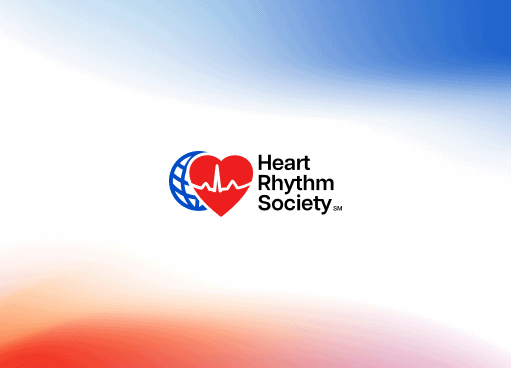Search & Filter
Date Range
Resource Type
HRS Endorsed
Audience
Topic
Product
Manufacturer
Device Type
FDA Class

Clinical Trials
ClinicalTrials.gov
ClinicalTrials.gov is a comprehensive resource for researchers focused on heart rhythm disorders, offering extensive data on ongoing and completed trials in arrhythmia and related conditions.
February 26, 2025

Clinical Trials
The ARTESiA Trial
Among patients with subclinical atrial fibrillation, apixaban resulted in a lower risk of stroke or systemic embolism than aspirin but a higher risk of major…
November 12, 2023

Clinical Trials
The EAST-AFNET 4 Trial
Early rhythm control therapy led to a significant reduction in adverse cardiovascular outcomes when compared to the usual care strategy.
August 29, 2020

Clinical Trials
The CABANA Trial
Catheter ablation was not significantly more effective than drug therapy at preventing death, disabling stroke, serious bleeding, or cardiac arrest.
March 15, 2019

Clinical Trials
The CRYSTAL AF Trial
ECG monitoring with an ICM was superior to conventional follow-up for detecting atrial fibrillation after stroke without a known cause.
June 26, 2014

Clinical Trials
The ENGAGE AF-TIMI Trial
Edoxaban, an oral, reversible, direct factor Xa inhibitor, was noninferior to warfarin with respect to the prevention of stroke or systemic embolism and was associated…
November 28, 2013

Clinical Trials
The BLOCK-HF Trial
Biventricular pacing was superior to conventional RV pacing in patients with AV block and LV systolic dysfunction with NYHA class I, II, or III heart…
April 25, 2013

Clinical Trials
The ARISTOTLE Trial
In patients with atrial fibrillation, apixaban was superior to warfarin in preventing stroke or systemic embolism, caused less bleeding, and resulted in lower mortality.
September 15, 2011

Clinical Trials
The ROCKET AF Trial
In patients with atrial fibrillation, rivaroxaban (factor Xa inhibition) was noninferior to warfarin (vitamin K antagonists) for the prevention of stroke or systemic embolism.
September 8, 2011

Clinical Trials
The AVERROES Trial
In patients with atrial fibrillation for whom vitamin K antagonist therapy was unsuitable, apixaban reduced the risk of stroke or systemic embolism without significantly increasing…
March 3, 2011